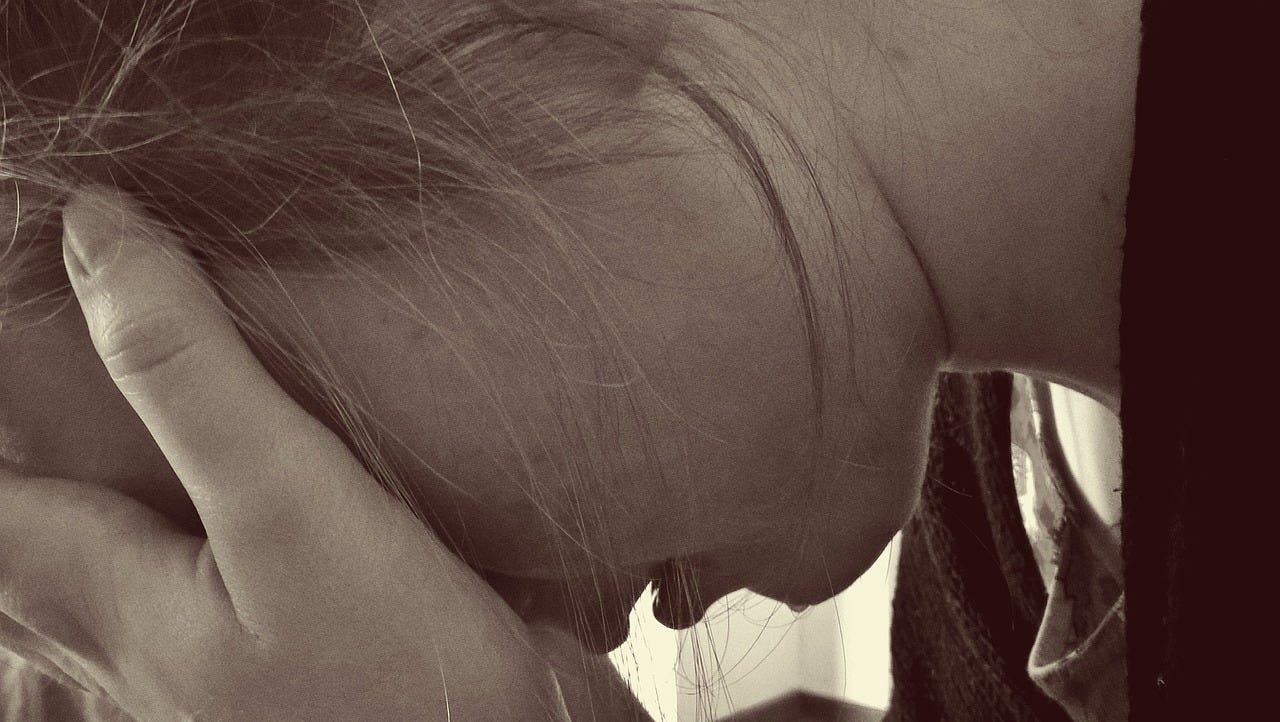The Horrifying Reality of a Post-Rahimi U.S.
The lack of recognition of domestic violence and its link to firearms has left women and victims of abuse completely vulnerable
By: Hannah Parker
The relationship between gun violence and domestic violence in the United States remains perplexing, tragic, and lethal.
Every 16 hours a woman is shot and killed by a current or former intimate partner. Firearms empower abusers, intensifying the risk of escalating violence. When an abuser possesses a firearm the abuse is further exacerbated, as it becomes a tool for establishing coercive control and intimidation over the abused.
Women threatened with guns experience more severe psychological symptoms compared to those subjected to other forms of abuse. Without even being discharged, the mere presence of firearms can inflict profound psychological trauma within an abusive dynamic.
Despite the constant and horrific effects that the interplay of domestic violence and gun violence inflict on women and families across the nation, legislation surrounding these issues remains far too lax. This was directly reflected in the abhorrent decision made in the recent United States v. Rahimi case.
The defendant, Zackey Rahimi, was convicted of possessing firearms while subject to a Domestic Violence Restraining Order (DVRO) — violating a provision of the Gun Control Act of 1968 that prohibits individuals subject to a domestic violence restraining order from possessing or acquiring firearms. This provision has been in place since 1994. It is a common sense protection for victims of intimate partner violence (IPV).
In the case against Rahimi, the federal Fifth Circuit Court of Appeals ruled that the prohibition of firearms for people subject to DVROs was unconstitutional under the Second Amendment to the U.S. Constitution.
This terribly misguided ruling holds that individuals with a record of domestic violence, as well as a demonstrated history of violence towards the community, still have the right to be in possession of a lethal weapon.
When an individual’s actions pose a threat to the safety and well-being of another person or a community at large, it seems like a common sense notion to enact guardrails that keep weapons out of reach from violent partners to protect these victims from such violence. This ruling does not endanger just one woman, but all victims of IPV.
Gun laws that protect victims of domestic abuse are among the most critical public safety laws in the nation. If the Rahimi decision were to be upheld in the Supreme Court, lower court decisions that have bolstered gun safety in the U.S. might be thrown into question, threatening the necessary (and already limited) public safety protections in place. If courts interpret the law to begin protecting abusers, victims around the nation will be in imminent danger.
The lack of recognition of domestic violence and its link to firearms has left women and victims of abuse completely vulnerable. This decision, unless overturned by the Supreme Court during the 2023-24 term, will play out over and over again across the country, endangering and traumatizing victims.
Our justice system’s current approach has created a culture where women feel increasingly unsafe when reaching out to seek intervention and protection from abusive partners — even more so when firearms are involved. Removing firearms from the hands of violent and abusive individuals is exceedingly necessary in the fight to save millions of lives. The Supreme Court must reverse the decision made by the Fifth Circuit to protect all victims of IPV from the severe and deadly effects that come at the nexus of firearms and domestic violence.
In deciding Rahimi, the Fifth Circuit relied on the Supreme Court’s 2022 decision in New York State Rifle & Pistol Association v. Bruen, but it reached an unnecessary and misguided conclusion by following this line of reasoning.
The Fifth Circuit panel dismissed Bruen’s statement that the Second Amendment protects “law abiding, responsible citizens,” not individuals with a history of dangerous behavior. The panel also failed to consider that the law at issue in Rahimi reflects an “unprecedented societal concern,” which Bruen makes clear requires a “more nuanced analysis” from lower courts. The DVRO prohibition reflects just such an unprecedented societal concern.
In short, the inextricable link between intimate partner violence and the use of firearms by abusers is a deadly crisis. Prohibiting abusers from accessing firearms is not only lifesaving, but constitutional. The Fifth Circuit’s decision is egregiously wrong, threatening the safety of individuals (mainly women) and families across the country. We look forward to the Supreme Court hearing this case and correcting this dangerous ruling.
Hannah Parker is a sophomore at Elon University studying Strategic Communications and Political Science. She is a communications intern at Brady.
Image by Ulrike Mai from Pixabay.




Hannah's cogent reasoning is bracing. In a nutshell, she demands whose civil rights deserve greater protection: that of individuals subjected to DVRO gun restrictions, or their intimate partners who are potentially victims of the abuse even an undischarged gun can inflict?